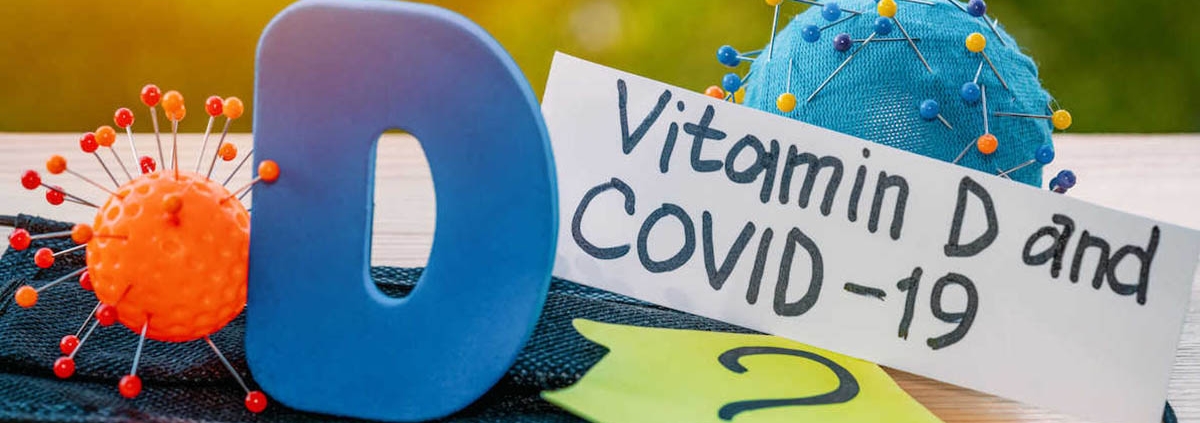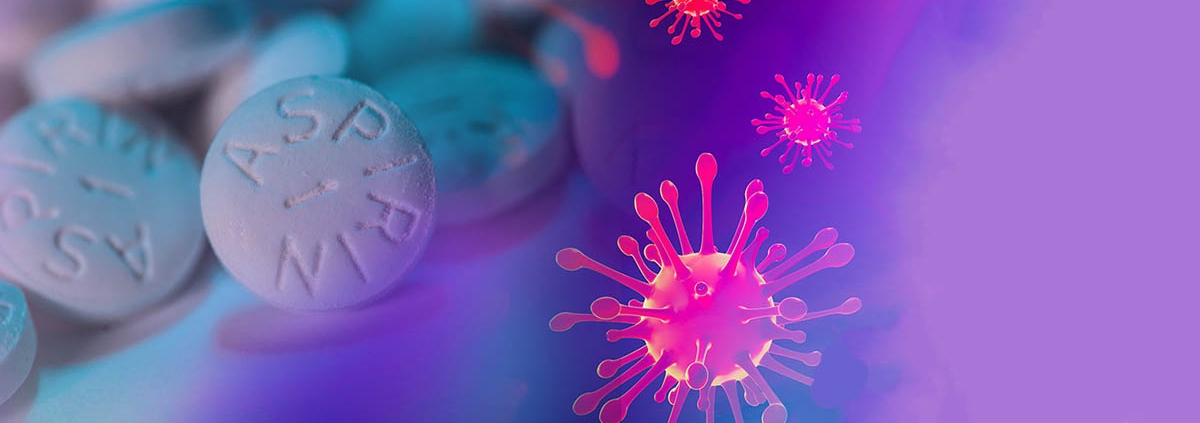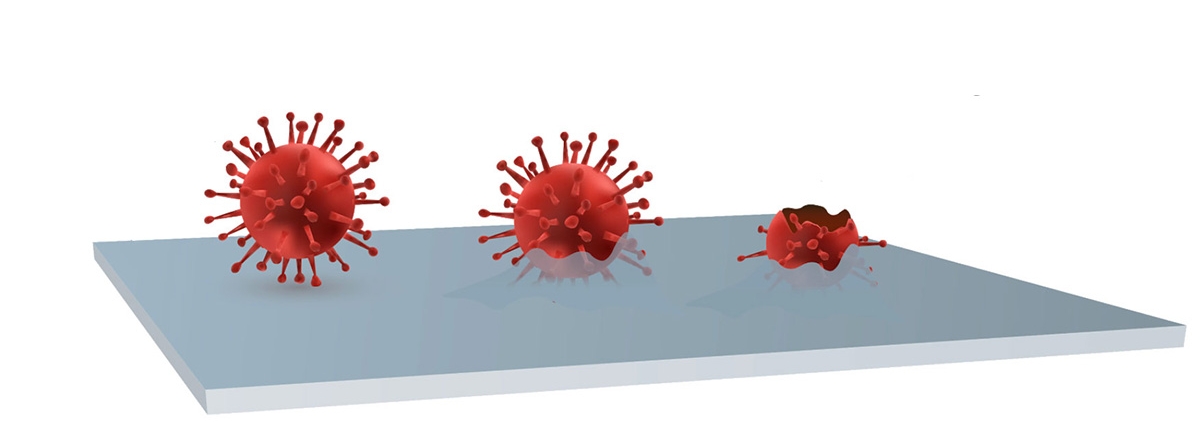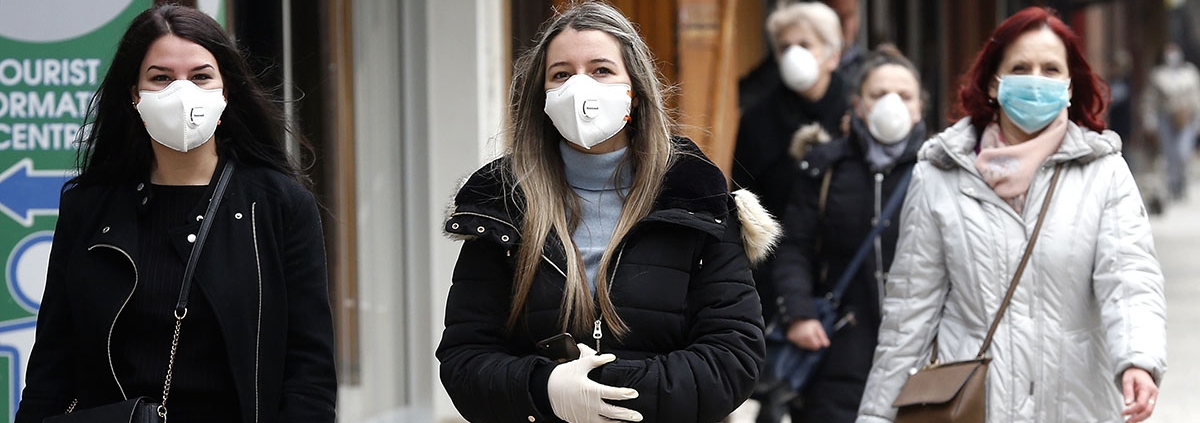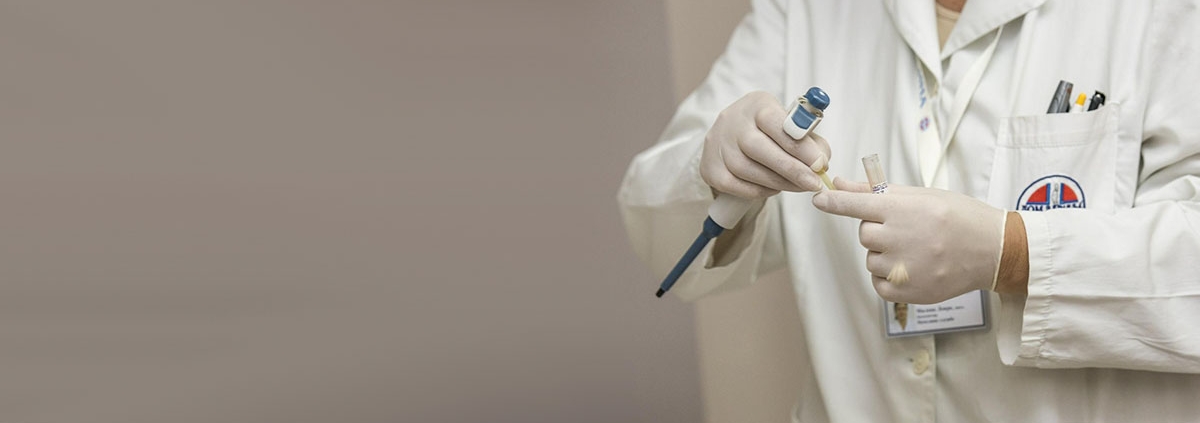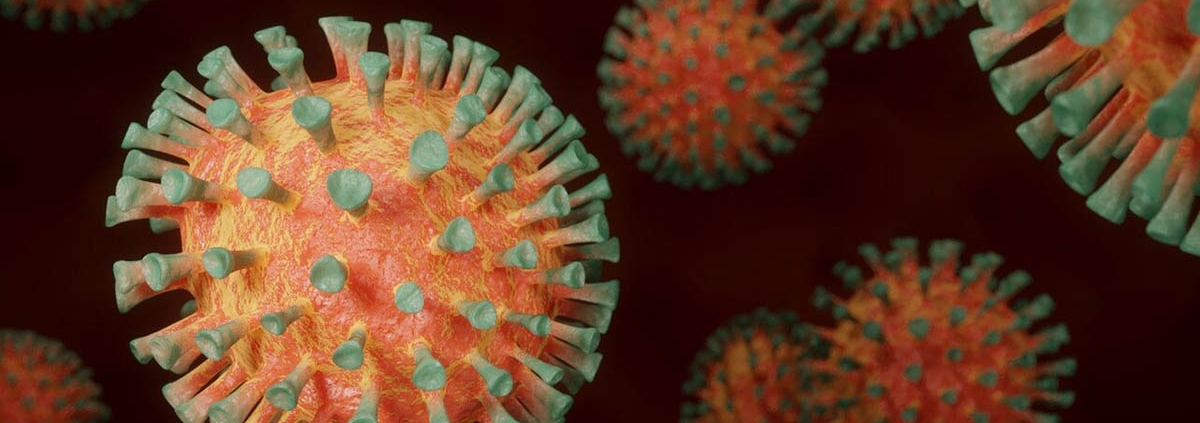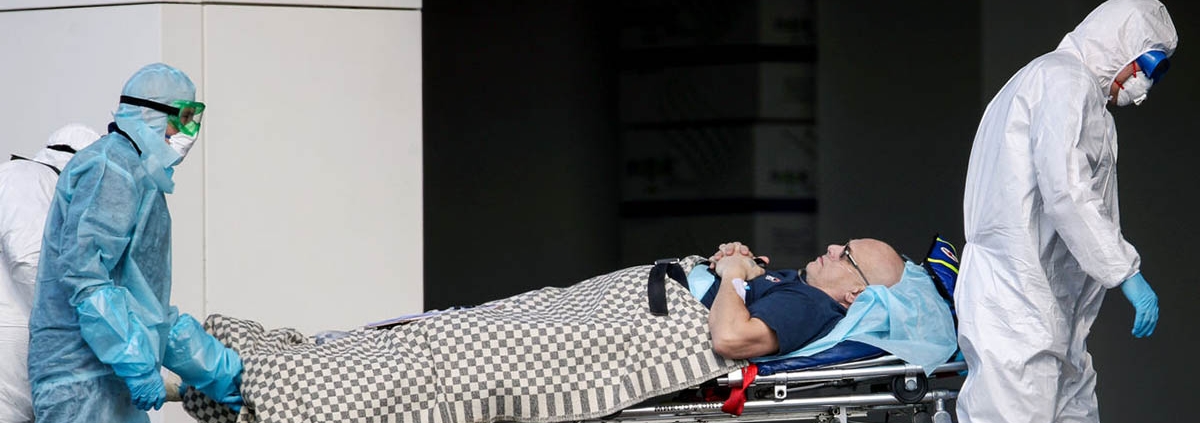Almost one in five patients with COVID-19 may only show gastrointestinal symptoms, according to a review of academic studies published in the journal Abdominal Radiology. The findings of the review suggest abdominal radiologists need to remain vigilant during the pandemic while imaging patients.
Gastrointestinal symptoms associated with COVID-19 vary widely but can include loss of appetite, nausea, vomiting, diarrhea and generalized abdominal pain. The researchers who conducted the review report that 18 per cent of patients presented with such symptoms, while 16 per cent of COVID-19 cases may only present with gastrointestinal symptoms.
In addition to gastrointestinal symptoms, they also determined potential signs radiologists should look for while conducting abdominal imaging that could be evidence of COVID-19 infection. Those signs include inflammation of the small and large bowel, air within the bowel wall (pneumatosis) and bowel perforation (pneumoperitoneum). The signs are quite rare, said the researchers, and could indicate patients with advanced disease.
Release date: 3 November 2020
Source: University of Alberta Faculty of Medicine & Dentistry


